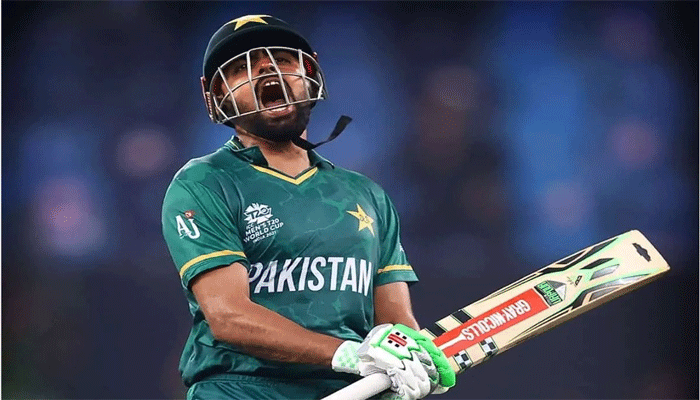
In a major move reflecting the global spirit of cricket, the International Cricket Council (ICC) has officially confirmed that the 2027 ICC Men’s Cricket World Cup will be co-hosted by South Africa, Zimbabwe, and Namibia. This historic announcement brings the World Cup back to the African continent after two decades and marks the first time Namibia will co-host a global cricket tournament.
The decision, applauded by fans and experts alike, reflects ICC’s vision to expand cricket’s footprint and promote the sport beyond traditional powerhouses.
A Homecoming for Africa
The 2027 edition will be the second time South Africa and Zimbabwe host a Cricket World Cup. The first was in 2003, when South Africa, Zimbabwe, and Kenya brought the game to life in Africa. Now, with Namibia added to the mix, the 2027 event promises to be even more diverse and inclusive.
Cricket South Africa (CSA), Zimbabwe Cricket (ZC), and Cricket Namibia will work closely with the ICC to deliver a tournament that not only meets international standards but also showcases the cultural richness and natural beauty of the region.
Why This Trio?
The selection of these three host nations comes as part of the ICC’s long-term strategy to spread the game globally. Here’s why it’s a win for cricket:
- South Africa brings strong infrastructure, top-tier stadiums, and a passionate fanbase. With cities like Cape Town, Johannesburg, and Durban likely to host marquee matches, expectations are high.
- Zimbabwe has a proud cricketing history and experienced a resurgence in both player development and international participation.
- Namibia, the surprise package, has gained recognition in recent T20 World Cups and has shown potential both on and off the field. This co-hosting opportunity could fast-track the country’s cricketing growth.
Tournament Format and Schedule
While the full schedule and fixtures are yet to be announced, the ICC has confirmed that the 2027 World Cup will feature 14 teams, up from the 10 in recent editions. The format will consist of two groups of seven, followed by Super Sixes, semi-finals, and a final — a structure last used in 2003.
The return to this format is expected to increase competitiveness and offer emerging teams a better chance to shine. More matches, more venues, and more opportunities for cricketing nations to leave their mark make this edition a thrilling prospect.
Economic and Social Impact
Hosting the World Cup is not just a sporting privilege — it also brings substantial economic and social benefits. Tourism, infrastructure development, and employment opportunities are expected to surge in the host nations.
Namibia, in particular, stands to gain significant exposure. It will be a chance for the country to showcase itself to a global audience, much like what the 2003 World Cup did for Kenya.
Moreover, the tournament is likely to boost grassroots development, encouraging thousands of young Africans to pick up a bat and ball. The legacy of co-hosting could translate into long-term investments in coaching, facilities, and domestic competitions.
Reactions from the Cricketing World
The announcement has generated excitement across the cricketing fraternity. Players, fans, and administrators have welcomed the decision:
- Graeme Smith, former South African captain and CSA’s Director of Cricket, called it “a proud moment for African cricket and a chance to showcase our passion on the world stage.”
- David Wiese, a key figure in Namibian cricket, said, “It’s a dream come true. We’ve come a long way, and this will accelerate our growth.”
- Fans took to social media to express enthusiasm, using hashtags like #Africa2027 and #WorldCupReturnsHome.
Conclusion
The ICC’s decision to award the 2027 Cricket World Cup to South Africa, Zimbabwe, and Namibia is more than just a hosting arrangement. It’s a celebration of cricket’s growth, an acknowledgment of Africa’s contribution to the sport, and a commitment to a truly global future.
With new teams, a classic format, and fresh energy, the 2027 edition promises to be one of the most memorable tournaments in cricket history. As anticipation builds, all eyes will now turn to Africa — the next grand stage of the gentleman’s game.






